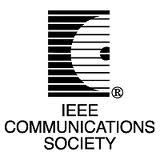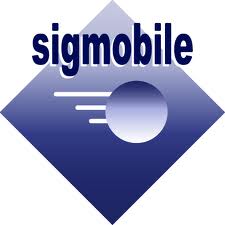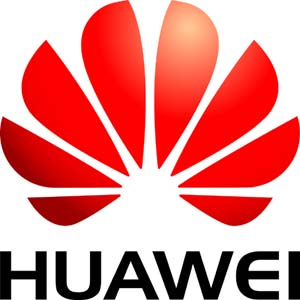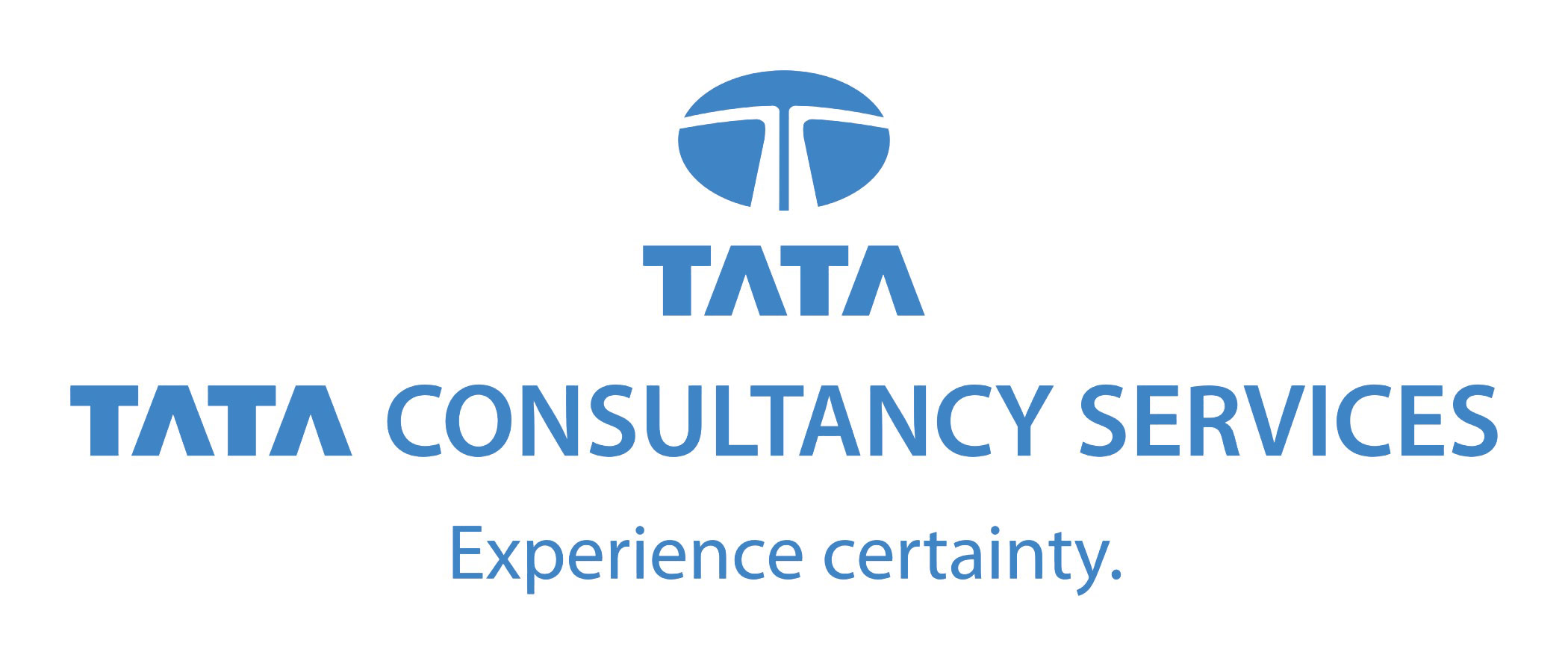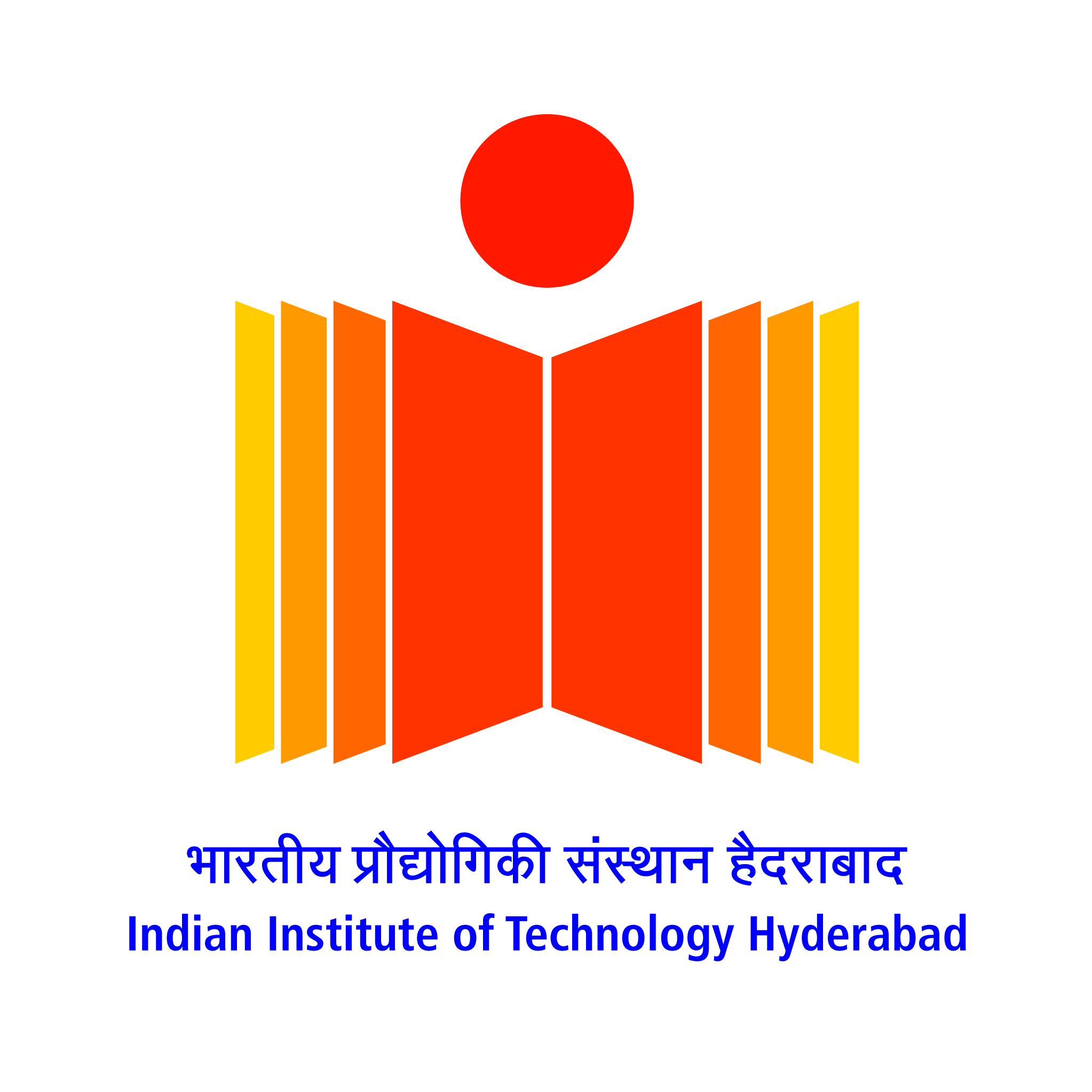Networked Healthcare Technology (NetHealth)
Sensor Networks for Healthcare & Environmental Applications
V. Ramgopal Rao
Institute Chair Professor, Centre of Excellence in Nanoelectronics
Department of Electrical Engineering, IIT Bombay, Powai, Mumbai – 400076
Email: rrao@ee.iitb.ac.in
In this talk, we will discuss an ongoing effort in the Electrical Engineering Department at IIT Bombay on the development of an integrated system to provide point-of-care diagnostic support for cardiovascular diseases. The system under development monitors the molecular markers to detect cardiac attacks, especially incipient cardiac attacks that go undetected before major/fatal attacks occur. The system comprises of "infarcSens" or "iSens", which is a cantilever based affinity biosensor array for sensing myocardial infarction & subsequent cardiac status prognosis, using a suite of molecular markers. The sensing electronics and the associated data management software, for tracking the markers with time required for creating an epidemiological database, is also currently being developed. A multidisciplinary team from the departments of Electrical, Bioengineering, Chemistry, Material Science and Mechanical Engineering is currently working on this project, which is supported by the Govt of India under the Nanoelectronics initiative
Based on this work, a company NanoSniff Technologies Pvt. Ltd. has been incubated at IIT Bombay to commercialize this technology.About the Speaker:
Dr. V. Ramgopal Rao is an Institute Chair Professor in the Department of Electrical Engineering, IIT Bombay and the Chief Investigator for the Centre of Excellence in Nanoelectronics project at IIT Bombay. Dr. Rao has over 300 publications in the area of Electron Devices & Nanoelectronics in refereed international journals and conference proceedings and has 21 patents, either awarded or pending.
Prof. Rao received the coveted Shanti Swarup Bhatnagar Prize in Engineering Sciences awarded by the Hon'ble Prime Minister, Govt of India in 2005 for his work on Electron Devices. He is also a recipient of the 2004 Swarnajayanti Fellowship award from DST, 2007 IBM Faculty award, the 2008 MRSI-ICSC Annual Prize, the 2009 Techno-Mentor award from the Indian Semiconductor Association and the 2010 DAE-SRC Outstanding Research Investigator award. He is an Editor for the IEEE Transactions on Electron Devices in the CMOS Devices and Technology area and serves on the Editorial boards of various other international journals. Dr. Rao is a Fellow of the Indian National Academy of Engineering, a Fellow of the Indian Academy of Sciences, a Fellow of the National Academy of Sciences and a Fellow of IETE. He is a Distinguished Lecturer, IEEE Electron Devices Society and interacts closely with many semiconductor industries including Intel, IBM, Infineon, Applied Materials, Maxim and Texas Instruments. He has served on the program/organizing committees of a large number of international conferences in the area of electron devices and was Chairman, IEEE AP/ED Bombay Chapter during 2002-2003 besides being the executive committee member of the IEEE Bombay section during 2005-2008. He is currently the vice-chair, IEEE Asia-Pacific Regions/Chapters committee.
Prof. Rao's work on nano-mechanical cantilever technologies has resulted in a start-up company at IIT Bombay (NanoSniff Technologies Pvt. Ltd.) and his work on nano-scale CMOS devices has resulted in multiple international patents/IP transfers to semiconductor industries.
For more information about Prof. Rao's current research interests and a list of publications visit: http://www.ee.iitb.ac.in/~rrao/
Unobtrusive Tracking of Residents in Elderly Care Homes
Vivek Menon
Associate Professor (Information Systems), Amrita School of Business
Amrita Vishwa Vidyapeetham, Kochi, Kerala, India
The ability to recognize, reason and retrieve information about human activity is critical to many applications in everyday life. The scenarios range from monitoring a physically-challenged person living alone to monitoring residents of elderly care homes to surveillance in airports and malls. Central to these applications is identifying and tracking people as unobtrusively as possible, i.e., without their active cooperation, and being able to answers queries about their whereabouts. We are especially interested in recognition based on unobtrusive biometric modalities such as face, gait and voice, which are more natural and better suited for such living and public spaces. Transforming raw multimedia data acquired by relatively unobtrusive biometric capture devices such as video cameras into a form suitable for information retrieval spans many areas: video and audio processing, computer vision, spatio-temporal reasoning, and data models. The problem is further complicated by the inherent uncertainty associated with biometric recognition. In order to alleviate the shortcomings of a pure biometric recognition based approach, we integrate recognition with spatio-temporal reasoning over the plausible tracks of people over time and spatial layout of the facility so as to enhance the overall performance of retrieval.
*Joint work with Dr. Bharat Jayaraman & Dr. Venu Govindaraju, State University of New York at Buffalo.About the Speaker:
Vivek Menon is an Associate Professor of Information Systems in the School of Business at Amrita Vishwa Vidyapeetham (Amrita University), India and is currently based out of the Amrita University campus at Kochi, Kerala. His research interests include intelligent systems and smart environments. He received a PhD in Computer Science from Amrita University and has been a Visiting Research Scientist at the Center for Unified Biometrics and Sensors (CUBS), State University of New York (SUNY) at Buffalo from 2007-09. He is a member of IEEE, the ACM, the Association for Information Systems and ISACA.






